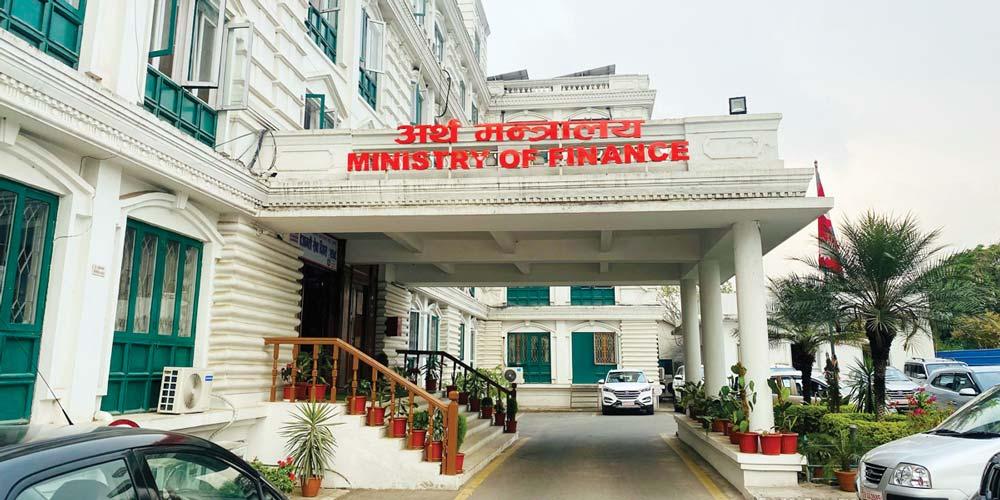Ministry of Finance Seeks Progress Report on Government’s Cost-Cutting and Fiscal Austerity Implementation
Author
NEPSE TRADING

The Ministry of Finance has circulated a directive to all ministries, federal agencies, provincial governments, and local levels, requesting updates on the implementation status and progress of the government’s cost-cutting and fiscal austerity decisions. According to Ministry Spokesperson and Joint Secretary Tank Prasad Pandey, the circular was sent in the final week of Ashoj (mid-October). The ministry will analyze the reports and may introduce additional policy measures based on the findings.
The Cabinet meeting held on Ashoj 5 (around late September) decided to reduce unproductive expenditures and enforce financial austerity across all levels of government—federal, provincial, and local.
The decision aims to reprioritize development projects to focus on essential areas such as infrastructure repair, smooth delivery of public services, election-related expenses, economic recovery, and relief programs. Projects already approved with source agreements and under construction will continue without budget cuts. However, newly entered, unprepared, or duplicate small projects listed in the Line Ministry Budget Information System (LMBIS) will be frozen as per Section 21 of the Financial Procedure and Fiscal Responsibility Act, 2076 (2019).
Budget allocations made for non-essential or low-priority purposes will also be frozen. Similarly, small fragmented projects implemented through provincial and local levels will be halted. Projects that had already signed procurement contracts or were in the final procurement phase by Ashoj 2 will be released upon verification and written recommendation from the respective ministries.
Under recurrent expenditure management, any newly entered programs in the current fiscal year (2082/83) without clear operational modalities or measurable outcomes, or that are deemed unproductive, will have their budgets frozen under the same Act.
The circular also includes several austerity measures:
Officials and employees will not receive meeting allowances for regular duties.
Those using private residences for official housing will not receive housing allowances.
No temporary or contractual staff may be hired beyond approved positions.
Except for the President, Vice President, Prime Minister, Speaker, and Chairperson of the National Assembly, no other officials may appoint advisors. Ministers and provincial heads may appoint a maximum of three secretariat staff.
Foreign visits at the expense of the federal, provincial, or local governments are banned except in essential cases. When government representation can be handled by the relevant diplomatic mission, authority will be delegated accordingly.
For official delegations led by the Head of State or Government, the team shall include no more than 10 members, and for other government-funded delegations, no more than 3 members.
Through this circular, the Ministry of Finance has sought detailed progress reports from all government bodies on the implementation of these austerity and cost-control measures. Based on the findings, the government plans to take further policy actions to strengthen fiscal discipline and efficient public spending.



